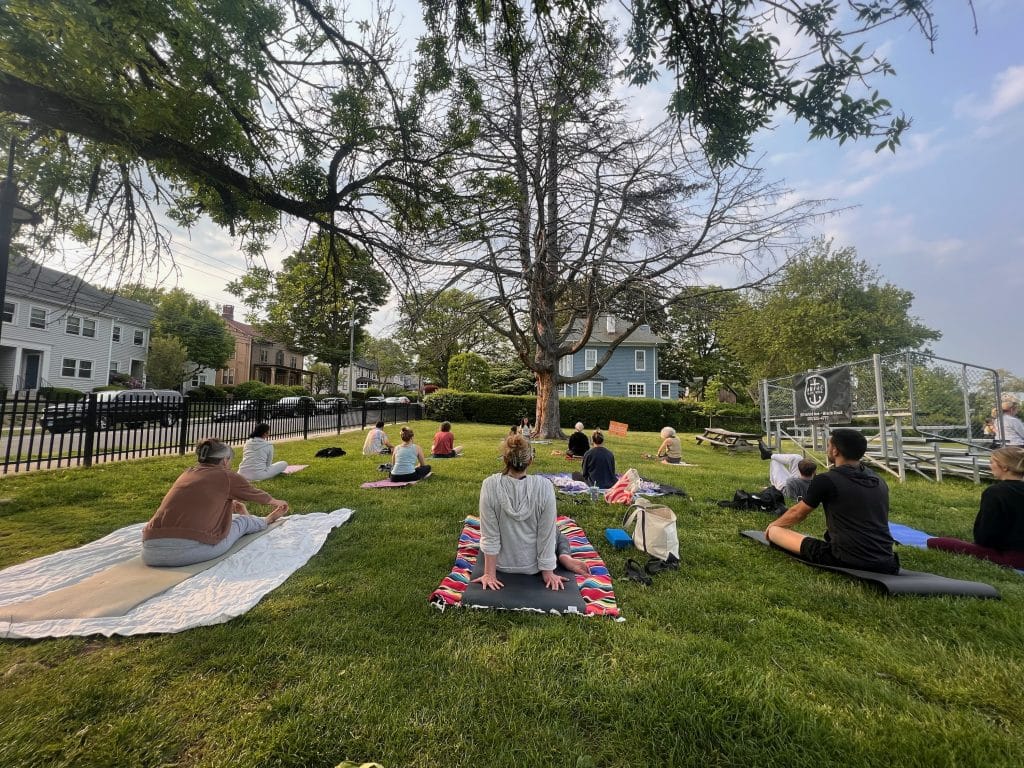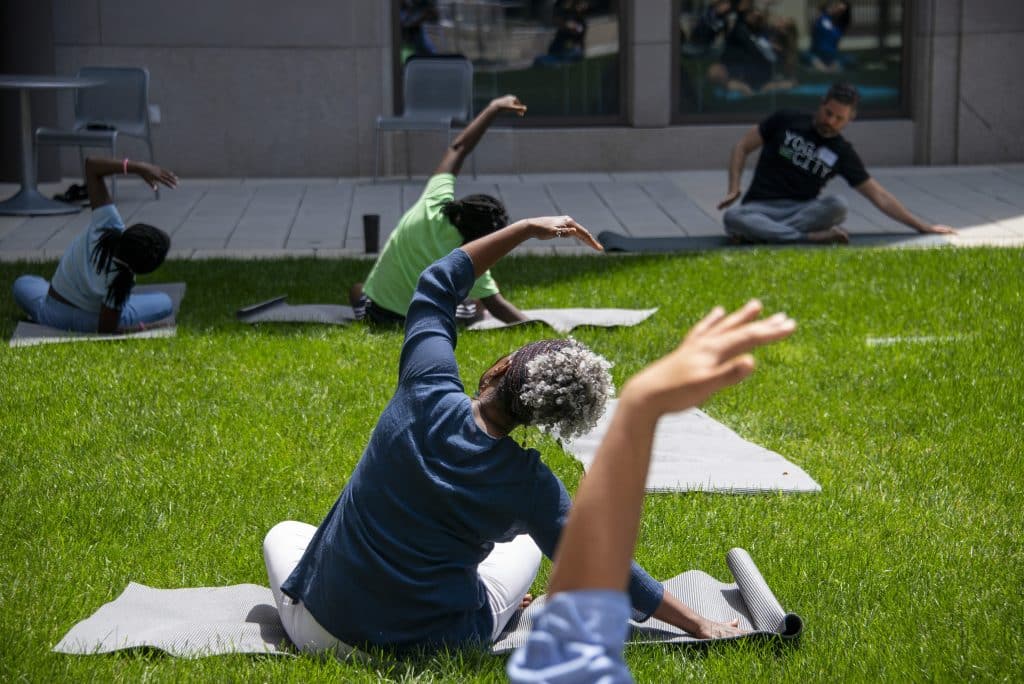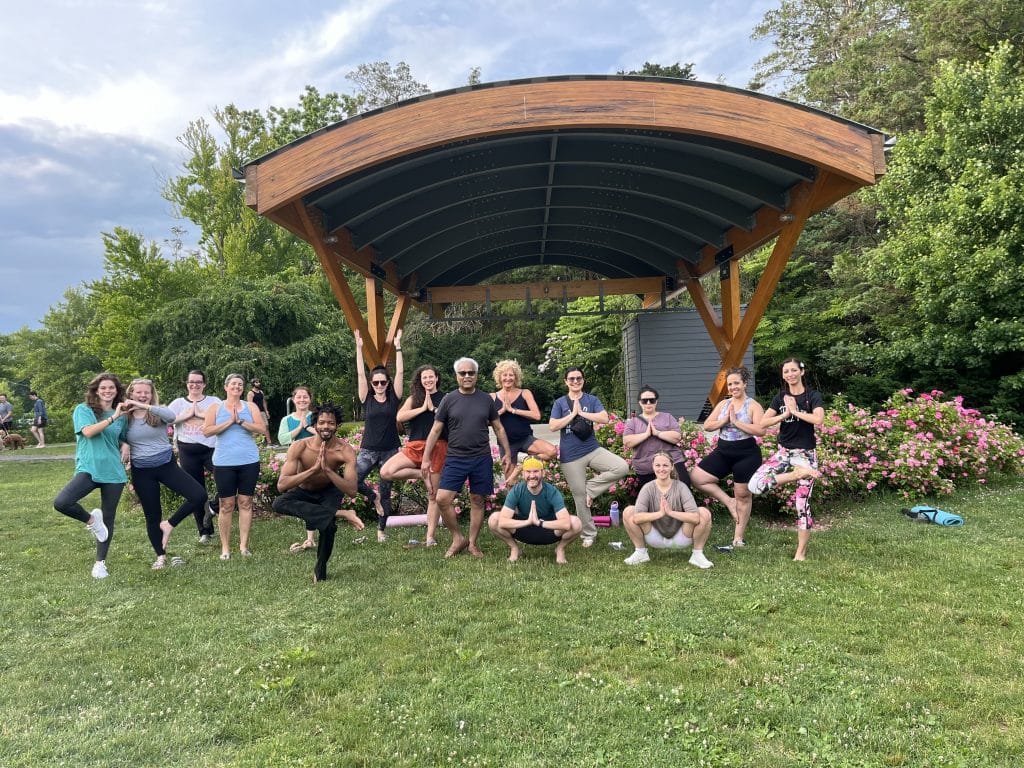The loneliness epidemic
The evolution of technology and social media platforms has made humans more connected than ever. Yet, even with more options for virtual connection, loneliness remains a growing concern nationwide. According to the American Psychiatric Association, one in three adults in the United States reported feeling lonely at least once a week over the past year, and 10% of adults experienced loneliness daily.
Health professionals are deepening their understanding of the vast implications loneliness can have on individuals. Experts now refer to this issue as an “epidemic.” In fact, the concern is so significant that Surgeon General Dr. Vivek Murthy recently declared loneliness and isolation a public health crisis requiring urgent attention.
Addressing loneliness in Connecticut
Recently, Connecticut has taken steps to combat the public health issue, including passing legislation to study loneliness and isolation, launching a social connection campaign, and hosting the Creating Community Summit. Additionally, the recently launched CT Collaborative to End Loneliness educates residents on the importance of social connection, unites healthcare professionals to establish screening and referral solutions for patient loneliness, and advocates for robust policies to support those experiencing loneliness and isolation.
As Mental Health Connecticut reminds us, humans are a social species driven by a foundational desire for connection and belonging. Having a social network that provides meaningful connections is critical to overall health and wellness.
Loneliness impacts health and well-being
In addition to increased risk of cardiovascular disease, stroke, dementia, low energy levels, and changes in sleeping or eating patterns, loneliness can lead to significant psychological health challenges. These include increased vulnerability to depression and anxiety, sadness and hopelessness, difficulty concentrating, chronic stress, increased use of alcohol or mood-altering substances, and suicidal ideation.
Interactions with family, friends, colleagues, and the broader community are essential to experiencing connection. Unfortunately, social connection trends have been declining across the country, fueled by reduced individual social participation, lower community involvement, and overall trust in others, as well as increased technology and social media use.
According to the U.S. Surgeon General’s Advisory on the Healing Effects of Social Connection and Community, roughly 45% of Americans felt they could reliably trust others in 1972. By 2016, that percentage shrank to nearly 30%. Additionally, time spent in person with friends and family has also decreased significantly, especially for individuals aged 15-24, whose time spent with friends has declined by nearly 70% over nearly two decades.
Connection is key
Given the serious impacts of loneliness on our health, we must find ways to combat it. Creating new social opportunities, practicing mindfulness, and engaging in physical activity like yoga can help. In Connecticut, Yoga In Our City’s City Parks program, presented by Connecticut’s local health plan, ConnectiCare, offers residents free yoga classes all summer providing many opportunities for social connection.

From May to October, Yoga In Our City holds outdoor classes in parks across Bridgeport, Hartford, New Haven, New London, Waterbury, Middletown and Willimantic. During the colder months, virtual classes are available for all skill levels to continue their practice wherever they choose.
In addition to the many physical health benefits of yoga, the Yoga In Our City programming offers a chance for Connecticut residents to experience deeper connections with themselves, their community, and different generations.
Connection with self
An essential part of yoga is meditation – the art of increasing awareness of yourself and your surroundings – which has many benefits for your body and mind. For example, many people use meditation to reduce stress, strengthen concentration, and develop healthy habits, such as a positive mood and outlook, self-discipline, healthy sleep patterns, and increased pain tolerance.

A 2019 study further supports the value of self-connection, revealing that 153 adults who used a mindfulness meditation app for two weeks experienced reduced feelings of loneliness and increased social contact.
Connection with community
Mental Health America notes that connecting with our community offers shared interest and a sense of belonging. While “community might evoke thoughts of physical neighborhoods,” it can take many forms. For BIPOC individuals, making connections with those of similar backgrounds may provide a sense of solidarity, cultural preservation, and security. Yoga In Our City brings together people from all walks of life, allowing residents to connect in ways they might not have otherwise.
Connection amongst generations
According to For All Ages, intergenerational connection “amplifies the benefits of social connection as we experience an increased appreciation for people younger and older than us, ultimately strengthening community bonds”. Yoga In Our City promotes intergenerational connectivity, as its classes are designed for all ages and abilities, meaning that people from all generations can participate and connect with one another. That exchange between younger and older generations is crucial in the fight against loneliness.

With loneliness and isolation on the rise, addressing this public health crisis might seem daunting. However, Connecticut residents can take small steps toward connecting with themselves and the community. If you are unsure where to start, joining a Yoga In Our City class is a great first step to sample what genuine connection could feel like.


